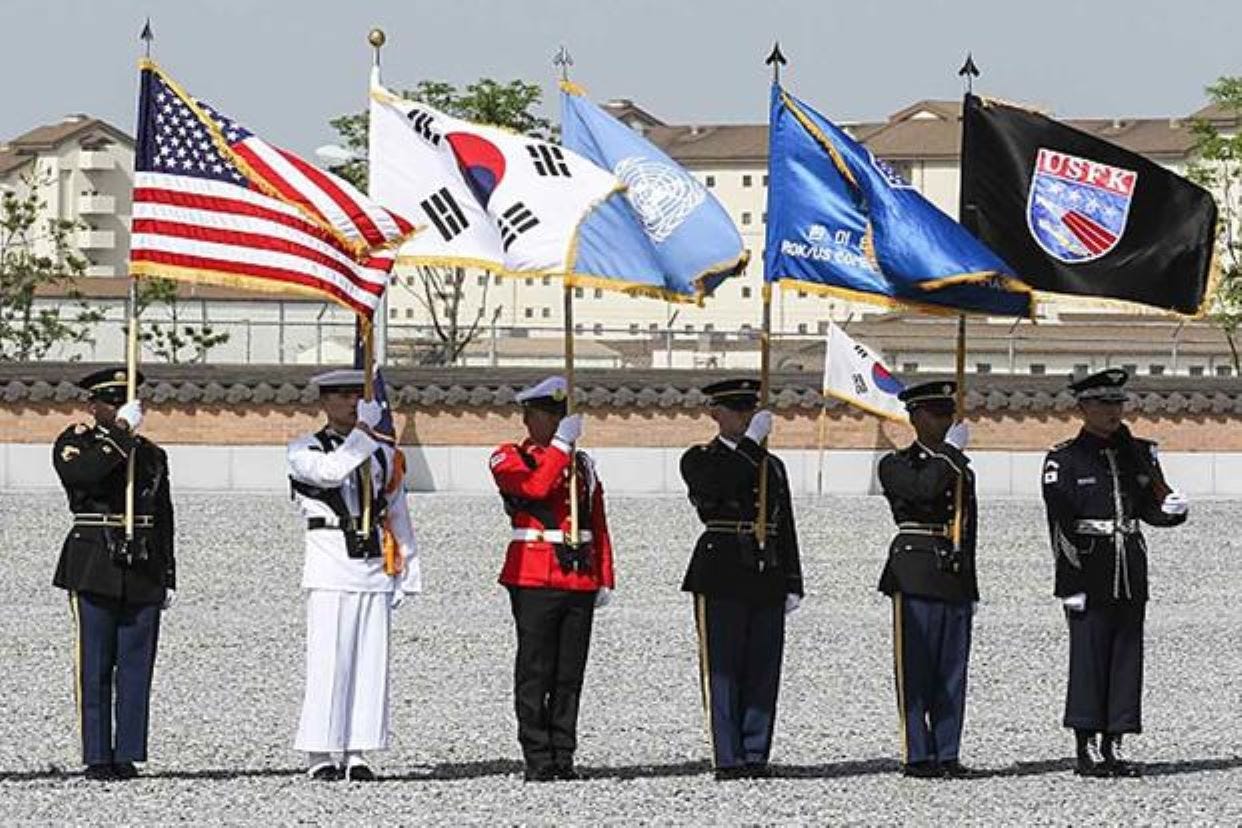Impact of political polarization on South Korea's foreign policy
South Korea faces momentous strategic questions over the next ten years. Political polarization will play a role.
Anyone watching South Korea’s politics is aware that the landscape has become increasingly polarized, with a deepening and importantly dynamic divide between progressives and conservatives. This polarization isn’t just about policy differences; it’s about a growing and evolving social and ideological chasm that’s reshaping South Korea’s democracy in ways that will have lasting consequences - including in relation to South Korea’s foreign policy.
One way to understand polarization in Korea is to think of exposure to authoritarian rule. Think of three broad overlapping generational groups. The first group lived through authoritarian rule and consequently are aware of the sacrifices and achievements made. The second group grew up and matured under authoritarian rule and consequently many desired or fought for greater freedoms. The third group was born after authoritarian rule and has only known Korea as a political and economic success story. As a result, the first group leans conservative, the second group leans progressive and the third group is split between the two - with males leaning conservative and females leaning progressive.
On top of this are the global trends in democratic politics, which for a number of reasons are in a period of significant transformation. Democratic politics since the Blair era is like a formula from introductory physics: as two elements tend towards the center, balance is maintained by sub-elements tending towards the extremes. Whether you blame social media, shorter new cycles, or baby boomer dissatisfaction, polarization is a factor in most democratic states. What’s worse, at the moment there is no middle ground. Polarization in Korea increased substantially during the presidency of Moon Jae-in.
Moon Jae-in, a progressive leader who served from 2017 to 2022, focused on expanding welfare, addressing historical injustices, like prosecuting former conservative presidents for corruption, and engaging North Korea. While these initiatives resonated with his base, they also fueled conservative fears. Many on the right saw Moon’s policies as too soft on North Korea and overly critical of South Korea’s past leaders, who, despite their flaws, are credited with building the nation’s economy. This period saw a rise in political protests, media battles, and increasing “keyboard wars” - online battles between progressives and conservatives, each side doubling down on its views.
Adding fuel to the fire is the rise of populist rhetoric. Both sides have increasingly adopted emotionally charged language to rally their bases, painting the opposition as not just wrong but dangerous. This is where political discourse starts to turn toxic. Social media platforms are full of echo chambers, where people are exposed only to opinions that reinforce their own. South Korea’s online political landscape is a polarized mess, sometimes leading to internationally embarrassing headlines. This creates a sense of political tribalism, where people are more loyal to their “team” than to the broader democratic process.
The impact on foreign policy
Polarization has made it difficult for South Korea to tackle pressing issues. Domestic issues, such as housing affordability, economic inequality, and social justice have fallen victim to polarization. Neither side wishes to pursue bold initiatives at risk of losing the middle ground, yet both are willing to rhetorically denounce the other.
The impact on foreign policy is even worse. With five-year single term presidential administrations there is one year of settling in and one year of wind down, leaving three years in the center to achieve long term policy goals. Even worse, the progressive and conservative camps are not “”political parties” in the western sense with a long established history, ideology and policy record. Rather, they are broad camps within which charismatic (or for some other reason) powerful leaders fit around them on coming to power. As a result, every presidential administration (even from the same camp) either abandon, rename, or let wither the policy initiatives of those that went before.
Polarization further weakens the elements that sustain continuity in foreign policy - the bureaucracy and the national assembly. This means that going forward, foreign policy initiatives are likely to come under even greater strain between administrations.
There are five strategic questions that will be impacted by polarization in different ways: the pursuit of an independent nuclear weapons capacity; transforming relations with the US; transforming relations with China; transforming Korea’s role in the region vis-a-vis the US and China; and the pursuit of unification. Strangely enough, there are some areas where the poles of the progressive/conservative divide come together - and it’s probably not where you expect.
So, where does South Korea go from here? It’s hard to say. There’s a growing awareness of the dangers of polarization, and some are calling for more centrist, pragmatic approaches to politics. However, reflecting trends in democratic politics across the globe, it’s difficult to see moderation gaining traction. Don’t expect change anytime soon!
Image: USFK



